Gus Mancuso - Rare and Obscure Jazz Albums: Introducing Gus Mancuso / Music from New Faces (2021)
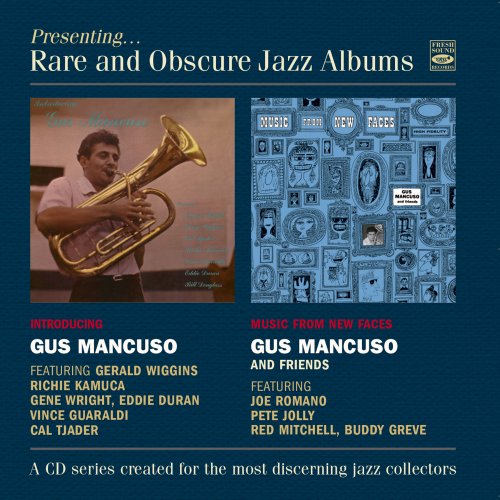
Artist: Gus Mancuso
Title: Rare and Obscure Jazz Albums: Introducing Gus Mancuso / Music from New Faces
Year Of Release: 2021
Label: Fresh Sound Records
Genre: Jazz
Quality: Mp3 320 kbps / FLAC (tracks)
Total Time: 75:50 min
Total Size: 195 / 423 MB
WebSite: Album Preview
Tracklist:Title: Rare and Obscure Jazz Albums: Introducing Gus Mancuso / Music from New Faces
Year Of Release: 2021
Label: Fresh Sound Records
Genre: Jazz
Quality: Mp3 320 kbps / FLAC (tracks)
Total Time: 75:50 min
Total Size: 195 / 423 MB
WebSite: Album Preview
01. I’m Glad There Is You (Dorsey-Madeira) 3:45
02. Brother Aintz (Gus Mancuso) 5:28
03. Ev’ry Time (Martin-Blane) 3:42
04. The Ruble And The Yen (Gerald Wiggins) 4:04
05. By the Way (Young-Pollock-Lewis-White) 3:50
06. Aand Baby Makes Three (Patricia Tjader) 4:23
07. Goody Goody (Mercer-Malneck) 3:22
08. How Do you Like Your Eggs in the Morning? (Cahn-Brodsky) 3:50
09. A Hatful of Dandruff (Vince Guaraldi) 5:33
10. Every Time We Say Goodbye (Cole Porter) 3:13
11. Love is a Simple Thing (Carrol-Siegel) 2:49
12. Monotonous (Carrol-Siegel) 4:02
13. Scratch My Back (Joseph Spinelli) 5:38
14. Ofayces (Gus Mancuso) 4:54
15. The Boston Beguine (S.M.Harnick) 4:24
16. Guess Who I Saw Today? (Grand-Boyd) 4:36
17. Love Is Never Out of Season (Brown-Fain) 4:42
18. I’m in Love With Miss Logan (Ronny Graham) 3:30
Introducing Gus Mancuso
Gus Mancuso could write, play several instruments and sing, but his main claim to fame came from being the first jazz musician to specialize in the baritone horn. He brought the instrument fully into modern jazz, playing it with swinging flexibility and heat. He used it to communicate his impressive conception, and had a beautiful sound at all tempos. It was Cal Tjader who introduced Gus to Fantasy Records, and the happy result was 'Introducing Gus Mancuso,' his first album as a leader. It was recorded on three dates during 1956, and Gus had strong support from three different groups. The first of the sessions took place in Hollywood with three members of Tjader’s quartet: pianist Gerald Wiggins, comping helpfully with his usual consistent improvisational ability; Gene Wright, one of the swigingest bass men available; and drummer Bill Douglass. The other two were sessions recorded in San Francisco with Tjader on drums and Wright keeping an inexorable, steady, propelling time. Pianist Vince Guaraldi, another longtime young cat associated with Tjader, shows how stimulating soloist he was, and Richie Kamuca is a further asset, blowing fluent and warm tenor solos on three of the tunes. For the last session, guitarist Eddie Duran delivers some very tasteful accompaniments and solos with a vigorous and relaxed style, which serve to brighten up this excellent album.
Music From New Faces
On his second album for Fantasy, Gus Mancuso’s selection of material is gratifying. It is a mix of originals and tunes that almost no one had touched before then. To play them, Mancuso put together a quintet with young tenor saxophonist Joe Romano, a paisan from his native Rochester in his impressive recording debut. His sound is full and eloquent, and he swings with such a driving power on the up tempo tunes that many who didn' know him yet were more than a little surprised. On the ballad Guess Who I Saw Today?, he plays with warm, light, but firm flowing phrases. On piano, Pete Jolly, aWest Coast fixture who shows off his swinging drive and percussive style, as well as a fine ability to get groovy when he solos. Red Mitchell is a bulwark as a soloist and as a timekeeper, and Jolly’s perfect companion. Drummer Buddy Greve takes no solos, but is an integral part of the proceedings, while Gus blows his baritone horn with an exhilarating, free-and-easy jazz feeling throughout this entire rewarding session peppered with good solos.
Gus Mancuso could write, play several instruments and sing, but his main claim to fame came from being the first jazz musician to specialize in the baritone horn. He brought the instrument fully into modern jazz, playing it with swinging flexibility and heat. He used it to communicate his impressive conception, and had a beautiful sound at all tempos. It was Cal Tjader who introduced Gus to Fantasy Records, and the happy result was 'Introducing Gus Mancuso,' his first album as a leader. It was recorded on three dates during 1956, and Gus had strong support from three different groups. The first of the sessions took place in Hollywood with three members of Tjader’s quartet: pianist Gerald Wiggins, comping helpfully with his usual consistent improvisational ability; Gene Wright, one of the swigingest bass men available; and drummer Bill Douglass. The other two were sessions recorded in San Francisco with Tjader on drums and Wright keeping an inexorable, steady, propelling time. Pianist Vince Guaraldi, another longtime young cat associated with Tjader, shows how stimulating soloist he was, and Richie Kamuca is a further asset, blowing fluent and warm tenor solos on three of the tunes. For the last session, guitarist Eddie Duran delivers some very tasteful accompaniments and solos with a vigorous and relaxed style, which serve to brighten up this excellent album.
Music From New Faces
On his second album for Fantasy, Gus Mancuso’s selection of material is gratifying. It is a mix of originals and tunes that almost no one had touched before then. To play them, Mancuso put together a quintet with young tenor saxophonist Joe Romano, a paisan from his native Rochester in his impressive recording debut. His sound is full and eloquent, and he swings with such a driving power on the up tempo tunes that many who didn' know him yet were more than a little surprised. On the ballad Guess Who I Saw Today?, he plays with warm, light, but firm flowing phrases. On piano, Pete Jolly, aWest Coast fixture who shows off his swinging drive and percussive style, as well as a fine ability to get groovy when he solos. Red Mitchell is a bulwark as a soloist and as a timekeeper, and Jolly’s perfect companion. Drummer Buddy Greve takes no solos, but is an integral part of the proceedings, while Gus blows his baritone horn with an exhilarating, free-and-easy jazz feeling throughout this entire rewarding session peppered with good solos.
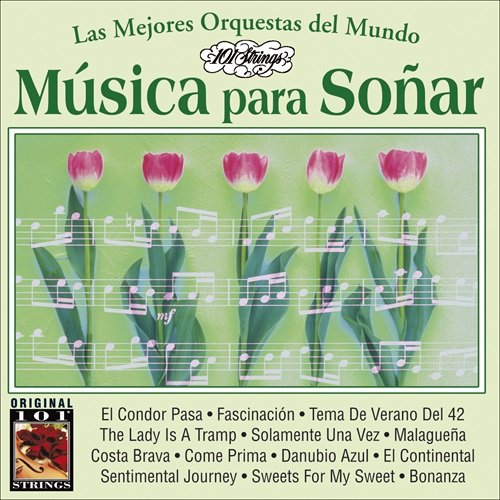
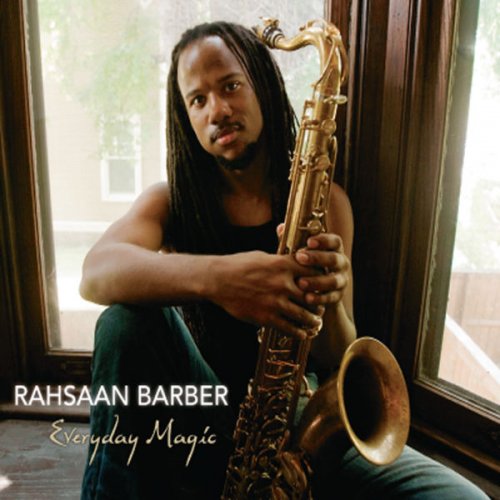
![Vince Guaraldi & Bola Sete - From All Sides (Remastered 2026) (1965) [Hi-Res] Vince Guaraldi & Bola Sete - From All Sides (Remastered 2026) (1965) [Hi-Res]](https://www.dibpic.com/uploads/posts/2026-02/1772124624_cover.jpg)

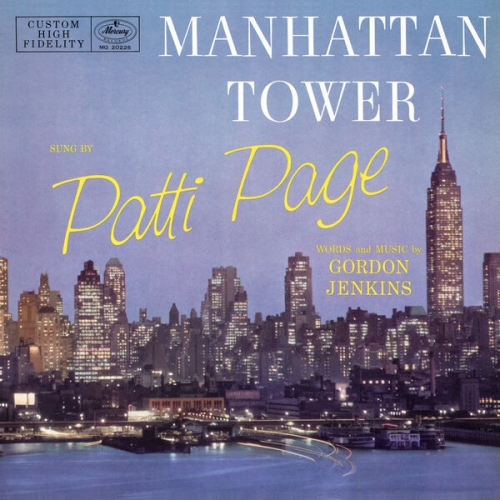
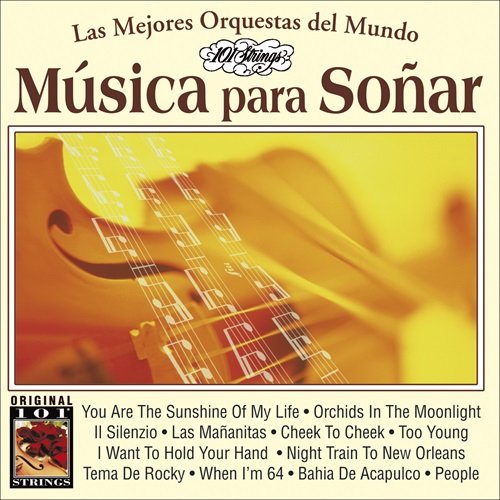
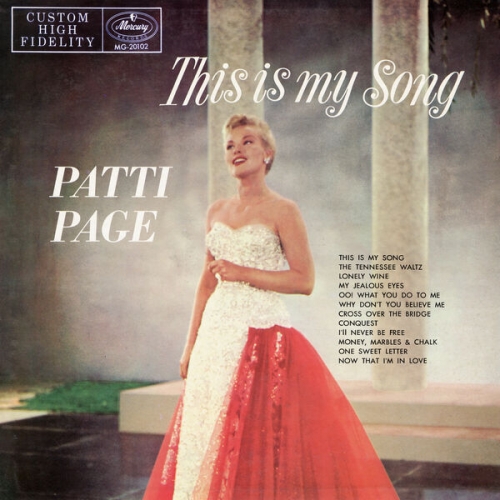
![Mammal Hands - Circadia (2026) [Hi-Res] Mammal Hands - Circadia (2026) [Hi-Res]](https://www.dibpic.com/uploads/posts/2026-02/1771945393_folder.jpg)
![Mark Nightingale, Alan Barnes & James Davison - Jazz Classics ...with a Twist (2026) [Hi-Res] Mark Nightingale, Alan Barnes & James Davison - Jazz Classics ...with a Twist (2026) [Hi-Res]](https://www.dibpic.com/uploads/posts/2026-02/1772036652_1.jpg)